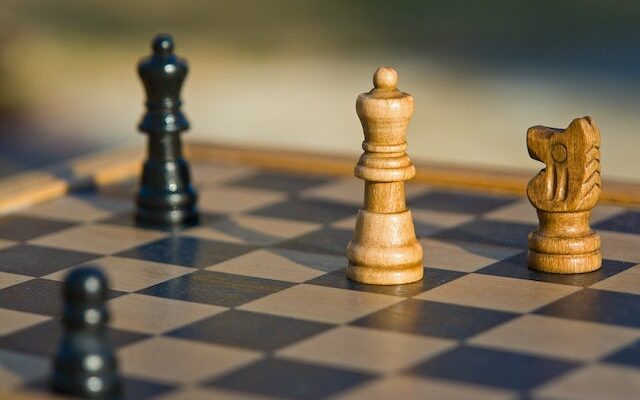
At their heart, all games and sports can be distilled into the science behind them. Whether it’s calculating angles, exerting forces or understanding mentalities, science plays a crucial role in success or failure in any arena. Given that chess is such a mental game, the scientific element is perhaps more pronounced than in other spheres.
Science is even more pertinent when it comes to refining your chess game, too. Since the start of any chess match sets the tone for how it will unfold, harnessing the power of scientific tools to learn, memorize and utilize the most effective chess openings is key to improving your overall game and enhancing your win rate. Here is a delve into some of the ways in which science can help you to do just that.
Spaced repetitionDid you know that learning is influenced not just by the method of education, but by the specific moments that it occurs and the intervals between them? If you review your existing knowledge and attempt to build upon it in incremental increases in time, you can help to lodge the new facts more firmly in your brain. That’s especially true for concepts which you have only recently come across or haven’t yet mastered, so finding ways (such as spaced repetition) to cement the knowledge is supremely effective in improving your game.
GamificationIn a recent interview with the Perpetual Chess Podcast, former World Chess Champion Vladimir Kramnik asserted that “it is really priceless when you learn without noticing that you are learning”. Gamification can be a great facilitator for education, since it teaches without the pupil necessarily realizing that the lesson has even taken place. Since chess is already a game, practice and repetition of certain openings, gambits and set pieces can drill them into your consciousness, all without you even paying overt attention to the process.
Testing and feedbackWhile pure play is essential for chess improvement, there should also be an element of examination to ascertain how much of the knowledge you have accrued has been properly absorbed. Using the principles of “active recall”, you can pluck certain chess maneuvers from your memory and put them into practice on the board – then check whether or not you have remembered the finer points with 100% accuracy. Refining this ability is one of the most powerful ways of polishing your chess game.
The “enactment effect”Have you ever tried to solve a complex mathematical problem and got all the variables in the correct position, without actually understanding how you arrived at the right answer? The same can occur in chess when copying the moves of masters. While this type of learning is not as valuable as one which embodies holistic comprehension, it can still help you to subconsciously improve your game. That’s because the “enactment effect” means that your brain is figuring out the logic of the moves as you make them, even if you don’t actively realize why they make sense.
These are just some of the tenets which underpin the science behind chess improvement. For more information on how to leverage them to your advantage, it’s beneficial to visit a chess learning site like Chessable.com to take your game to the next level.









